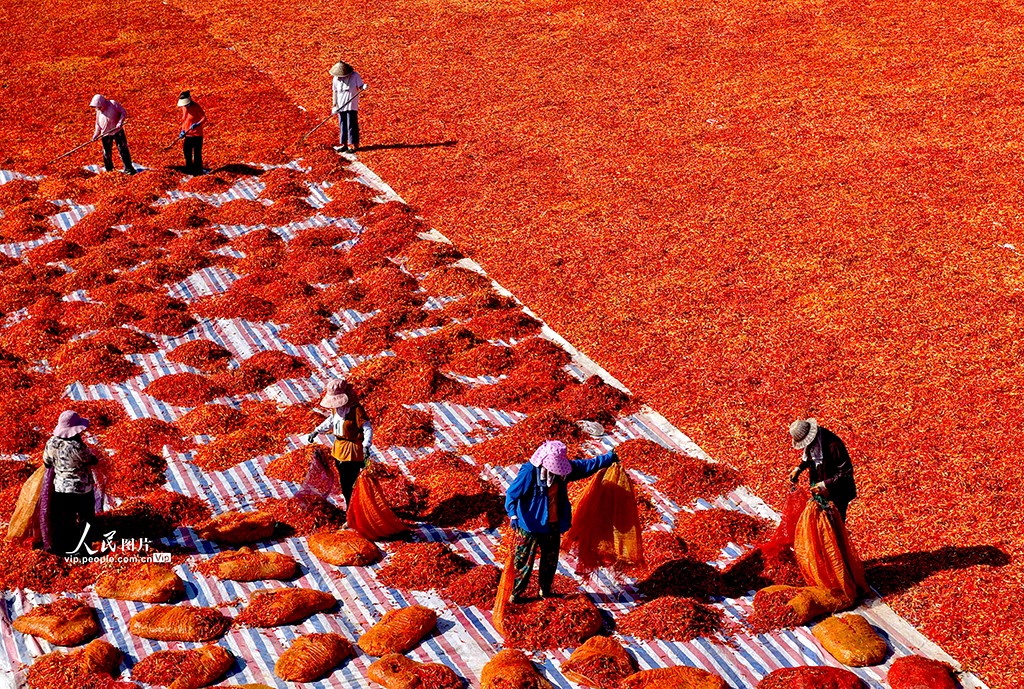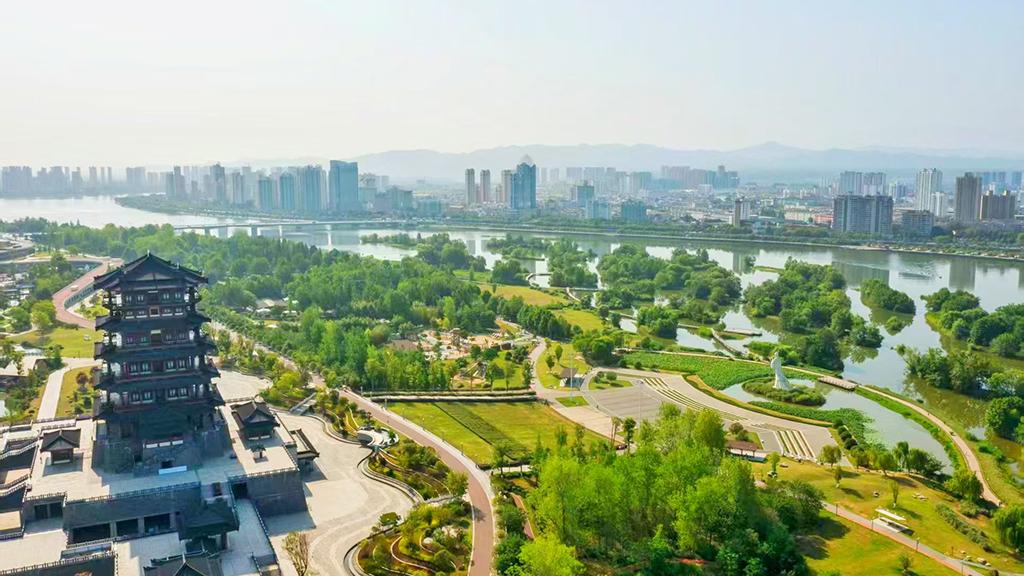China's young side rekindles confidence at FIBA Asia Cup
BEIJING, Aug. 19 (Xinhua) -- Hu Mingxuan's potential game-winning 3-pointer clanked off the rim as China settled for the FIBA Asia Cup runner-up with a one-point loss to Australia, the team's first medal in a decade since it won the gold in the 2015 competition on home soil.
After disappointing campaigns at the 2019 and 2023 FIBA World Cups and missing two consecutive Olympic Games, China was in desperate need of a victory to restore its long-lost confidence.
"As everybody knows, Chinese basketball is experiencing a slump, so we're trying to help the Chinese national team rise up," said head coach Guo Shiqiang.
Few expected much from this Chinese team heading into the tournament.
The Asia Cup roster was far from full strength, with key players like Zhou Qi, Zhang Zhenlin, Zeng Fanbo, Yang Hansen, Zhao Jiwei and Sun Minghui all unavailable for various reasons, leaving coach Guo with limited options.
Featuring only three players with prior Asia Cup experiences, Guo's squad fought with passion, showcasing a revitalized spirit that signaled a potential turning point for the national team.
China's group stage journey was not entirely smooth. In the opener against host Saudi Arabia, China scraped by with a narrow five-point win. However, the hard-fought victory helped the team find its rhythm, and its confidence grew.
China went on to secure victories of over 20 points against India and Jordan before outplaying South Korea in the quarterfinals, and then frustrated the 2022 bronze medalist New Zealand in the semifinals.
Facing Australia in the title contention, China broadened the gap to 15 points in the second quarter, only to see the Boomers trim the deficit to four points at halftime.
The two teams exchanged leads for several times in the final quarter. Xavier Cooks' free throw earned Australia a 90-87 lead. China cut the gap to one point on captain Zhao Rui's two free throws, but still narrowly fell short.
"It signifies a significant breakthrough for us, as well as confidence in pursuing more important goals and dreams in the future," said Zhao.
Despite the loss, this Chinese team has taken on a different look throughout the tournament. It played with offensive firepower, scoring over 85 points in five of its six games. More importantly, it played with a renewed spirit.
"I feel like our team has brought back the traditional spirit of Chinese basketball. That's the biggest takeaway. It reminds me of the passion I felt when I used to watch the national team on TV," Zhao noted.
As a highlight of several Chinese players' breakout performances, Hu Jinqiu and Wang Junjie were both named in the tournament's All-Star Five.
Hu delivered solidly in the title bout with a double-double of 20 points and 10 rebounds. The 27-year-old center contributed an average of 16.5 points and 9.2 rebounds on an efficiency of 22.2.
The 20-year-old prospect Wang, who plays for the University of San Francisco in the NCAA, notched 13.0 points and 4.2 rebounds per game, with his most notable performance coming in the quarterfinals against South Korea where he had 21 points and seven rebounds.
Meanwhile, guards like Zhao, Hu Mingxuan and Liao Sanning used their penetration and outside shooting to solve China's long-standing problem of attacking a zone defense.
Guo called the group "the most united, cohesive and selfless team" he had coached.
"We were incredibly united. We all helped and encouraged each other. It was like 12 guys fighting as one," said Hu Mingxuan, who led China with 26 points in the final.
For the Chinese players, the Asia Cup is not an end but a launching pad.
"We need to be clear about where we're headed. Our future goals include qualifying for the World Cup and ultimately the 2028 Los Angeles Olympics. This Asia Cup is a good start," Zhao said.
Photos
Related Stories
- FIBA Asia Cup 2025: China vs. New Zealand
- FIBA 3x3 Asia Cup 2024 men's quarterfinal match: China vs. Australia
- China's Shenzhen to host 2025 FIBA Women's Asia Cup
- U.S. retains lead, China stays second in FIBA women's world rankings
- Germany wins FIBA World Cup for first time, Schroder awarded MVP
- Yao Ming inducted into FIBA Hall of Fame
Copyright © 2025 People's Daily Online. All Rights Reserved.









